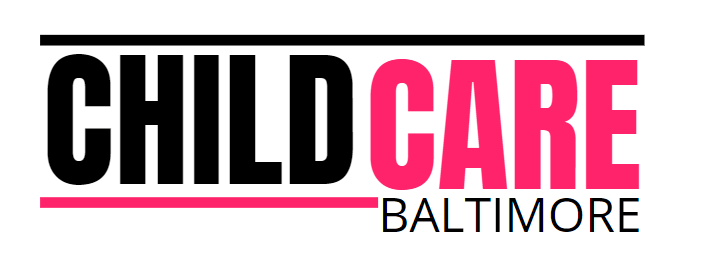Starting child care out of your house is a tremendously exciting career route, whether you’re an experienced early educator or someone wishing to make a career change. Here’s all you need to know about starting a daycare:
How To Start A Daycare In Seven Easy Steps

1. Call It Child Care
Instead of days, you’ll be caring for and educating youngsters. You’ll be putting your heart and soul into this job, and you should treat yourself as a professional, regardless of what your state names it. We don’t sit on newborns and don’t give a damn about days. We make brains!
2. Get Your State’s Licensing Process Started
State-by-state licensing standards differ, but most involve an application, CPR and first-aid training, mandatory reporting training, and a background check. Join Wonderschool to get a state-specific licensing checklist.
3. Create A Business Plan
You’ll need to make decisions regarding every element of your business and consider the costs involved:
You’ll enroll people of various ages.
The cost of tuition
When will you be open?
How, when, and how many teachers will you hire?
You will offer meals or snacks.
4. Get Your Child Care Program Known
For SEO, you’ll need to start by creating a decent website, social media profiles, and business accounts. It takes time to get your driver’s license. Start marketing your program even before you get your license to ensure that you have a steady stream of families.
5. Create A Conducive Learning Environment
Your program’s philosophy should be based on early learning, which will guide how you set up your space and what things you purchase. If you’re just starting out, your program will most likely be built on games. You can either buy a curriculum or sign up for Wonderschool to get access to our Curriculum Corner.
6. Prepare A Parent Handbook
Your parent handbook is one way to guarantee that parents who sign up for your program are aware of and agree to your policies. It is critical to have everything written down so that everyone is on the same page. Consider the following scenarios as you consider and draught policies:
- Parking
- Discipline
- Sick day procedures
- Late pick-ups or after school care
- Capacity
- Payment schedule
- Holidays and days off
- Field trips
- Children’s ages
- Emergency procedures
- Daily flow
- Meals and snacks
- Hours of operation

7. Get Some Practise Giving Tours.
You’ll learn if a family is a suitable fit for your program and vice versa throughout the tour. You’ll want to make sure you’re presenting your program in its best, most professional light. A family will decide whether or not to enroll after taking the tour. It may be nerve-wracking at first, but practice makes perfect, as they say.
Ascertain that your child is receiving the finest possible care and is in a safe environment. Please let us know if you require any other information.


Recent Comments